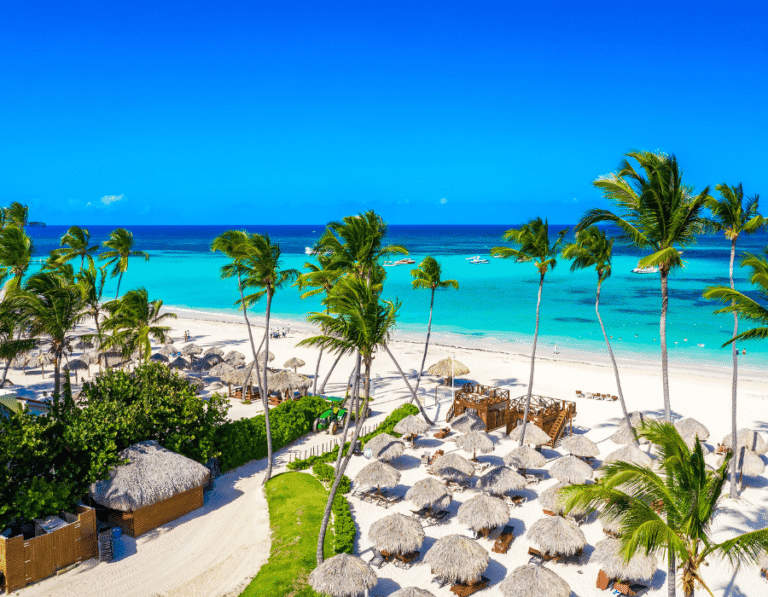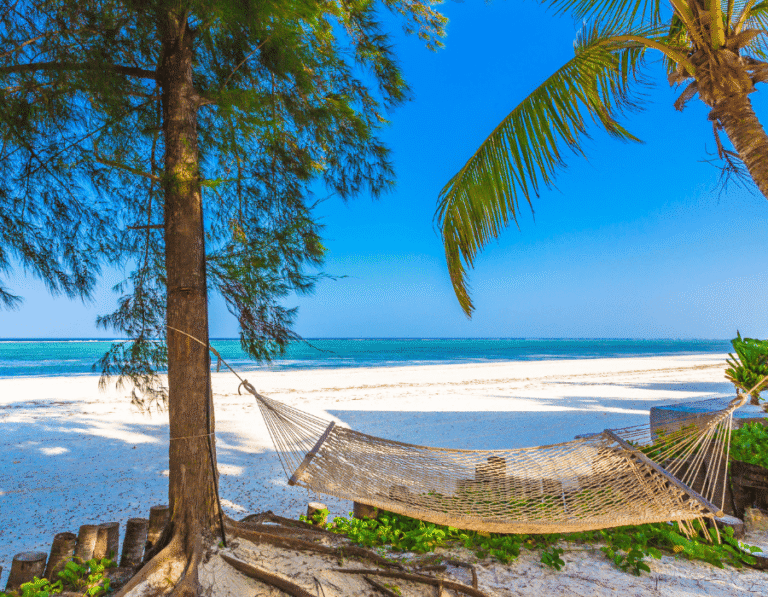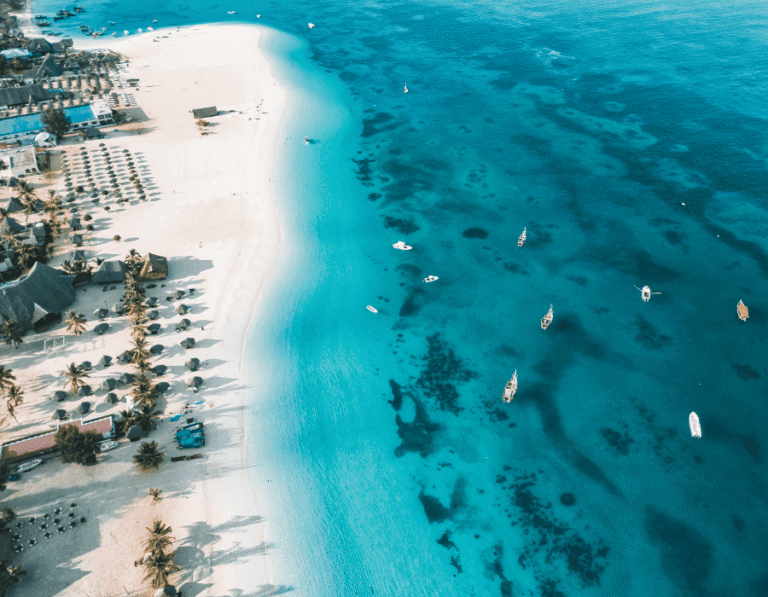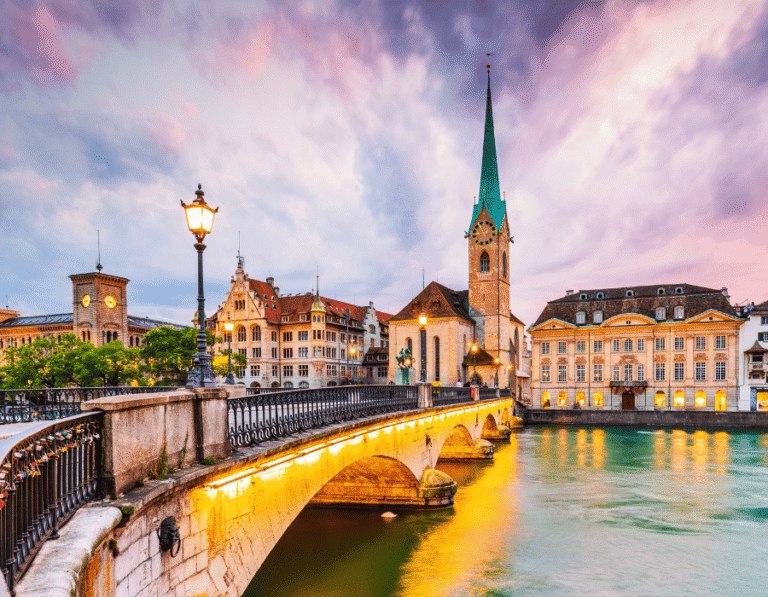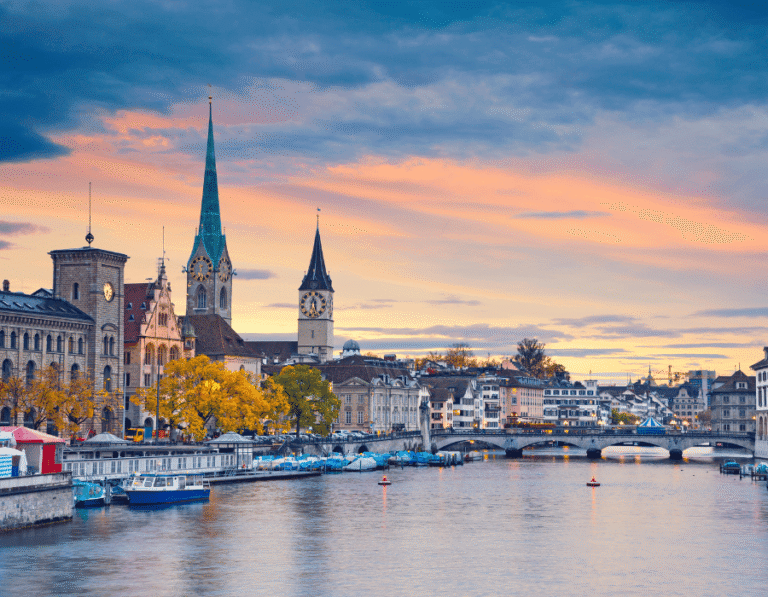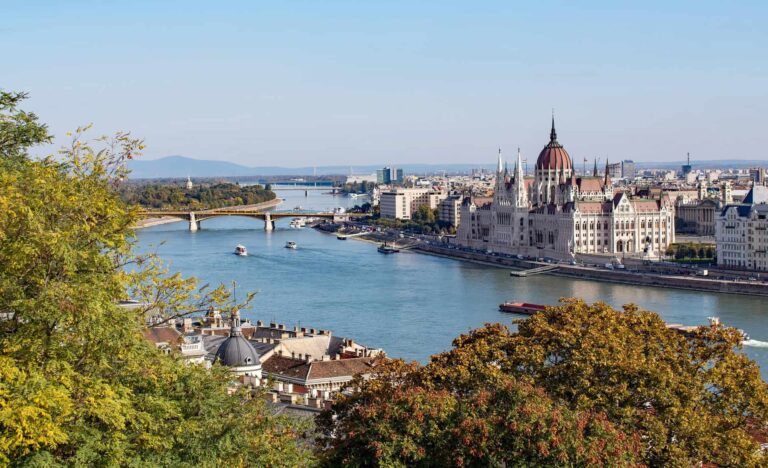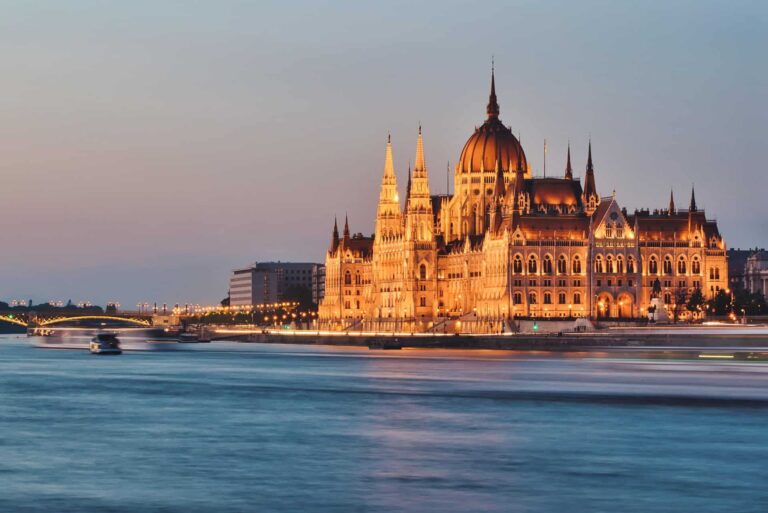Off-grid living is becoming more popular as people look for ways to live more simply, save money, and feel closer to nature. It’s not just about turning off your electricity — it’s about creating a lifestyle with more freedom, less stress, and a deeper connection to the world around you. Whether you’re eco‑conscious, curious about a calmer lifestyle, or dreaming of a cabin in the woods, off-grid living has a lot to offer.
What Is Off-Grid Living?

(Image Source: Canva)
Off-grid living means not relying on public utilities like electricity, water, or sewage systems. Instead, you produce or manage these things yourself using tools like solar panels, rainwater systems, composting toilets, and home gardens.
But living off-grid doesn’t always mean being isolated. Many people have modern homes that simply use their own power and water systems. Others prefer more remote, nature-heavy lifestyles. Even something like dispersed camping— staying on undeveloped public land — shares the same spirit of independence and simplicity.
Why People Are Choosing to Live Off the Grid
People are drawn to off-grid living for many reasons:
- Less stress and better mental health from slowing down.
- Lower environmental impact by using fewer resources.
- Saving money long term with self-sustaining systems.
- Freedom and flexibility to live how and where you want.
Pros and Cons of Off-Grid Living
Like any lifestyle, off-grid living has its ups and downs.
Pros
- You gain more independence and self-sufficiency.
- You leave a smaller environmental footprint.
- You spend more time outdoors and feel more connected to nature.
Cons
- The initial setup (solar, water, heating) can be pricey.
- Being far from services like healthcare can be challenging.
- Some places have restrictions that limit off-grid setups.
How to Live Off the Grid
Transitioning to off-grid living doesn’t happen overnight, but breaking it into steps helps:
- Choose the right location — consider climate, land laws, and access to essentials.
- Set up power using solar, wind, or hydro systems.
- Secure water through rainwater collection, wells, or filtration.
- Build or choose shelter that suits the environment.
- Grow food and manage waste through gardening, composting, and recycling.
- Learn essential skills like DIY repairs and basic first aid.
Off-Grid Living Around the World
People live off-grid in all kinds of climates and cultures. Here are a few examples:
Alaska, USA
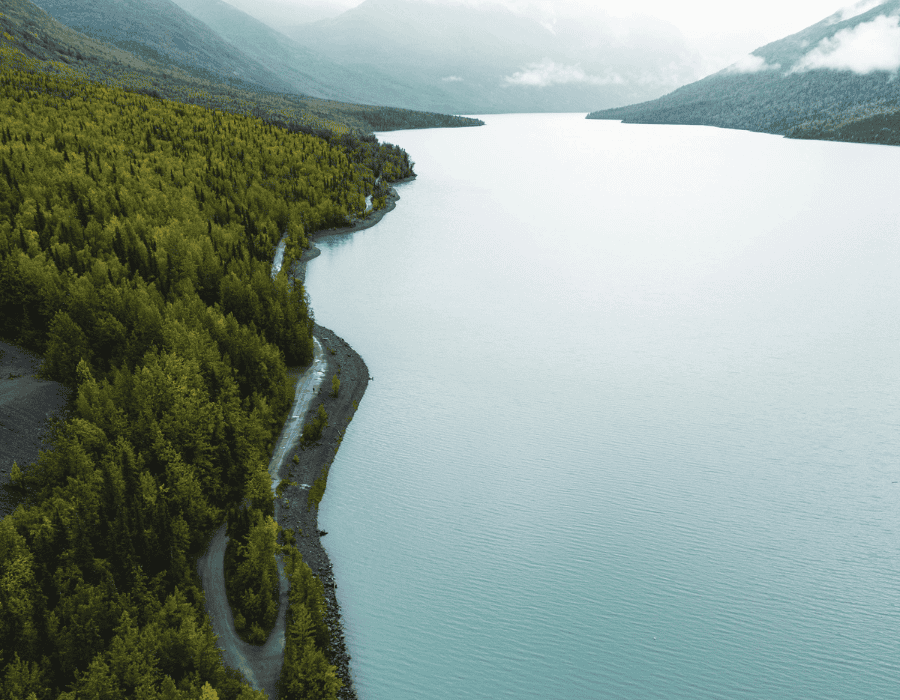
(Image Source: Canva)
Alaska is one of the most iconic places for off-grid living thanks to its untouched wilderness and abundance of natural resources. Many people choose Alaska for the sense of solitude, the availability of remote land, and the opportunities for hunting, fishing, and wood harvesting. The long, dark winters are challenging, but those who thrive here often enjoy a strong sense of independence and a deep connection to the land.
Portugal
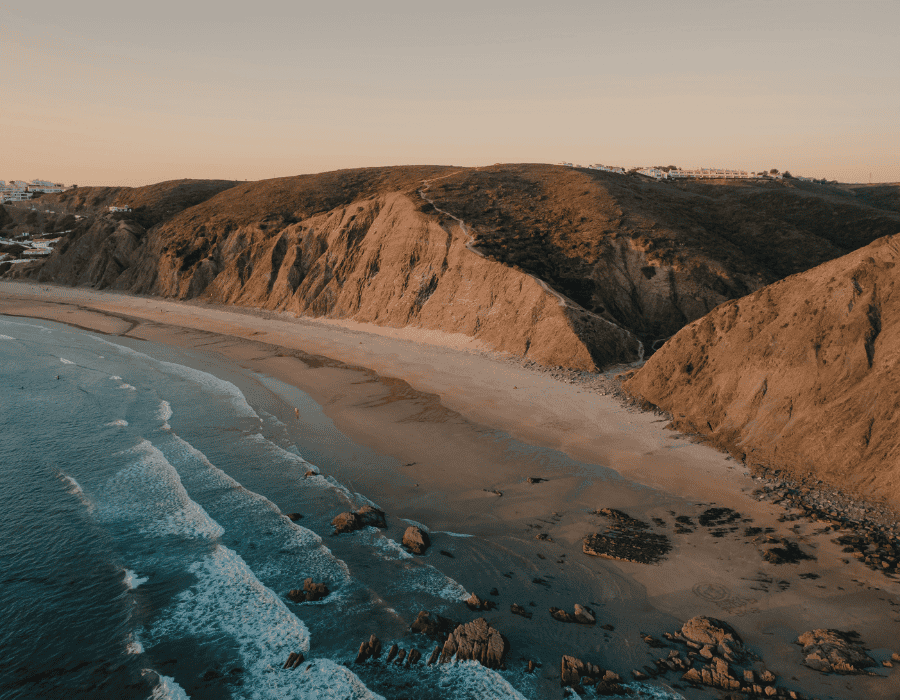
(Image Source: Canva)
Portugal has become a hotspot for off-grid enthusiasts, especially in rural areas like the Alentejo and central Portugal. The mild climate makes solar energy reliable, while fertile soil supports thriving gardens and small-scale farming. There’s also a growing community of expats and eco-settlements, which makes it easier for newcomers to learn skills, share resources, and connect with like‑minded neighbors.
Costa Rica
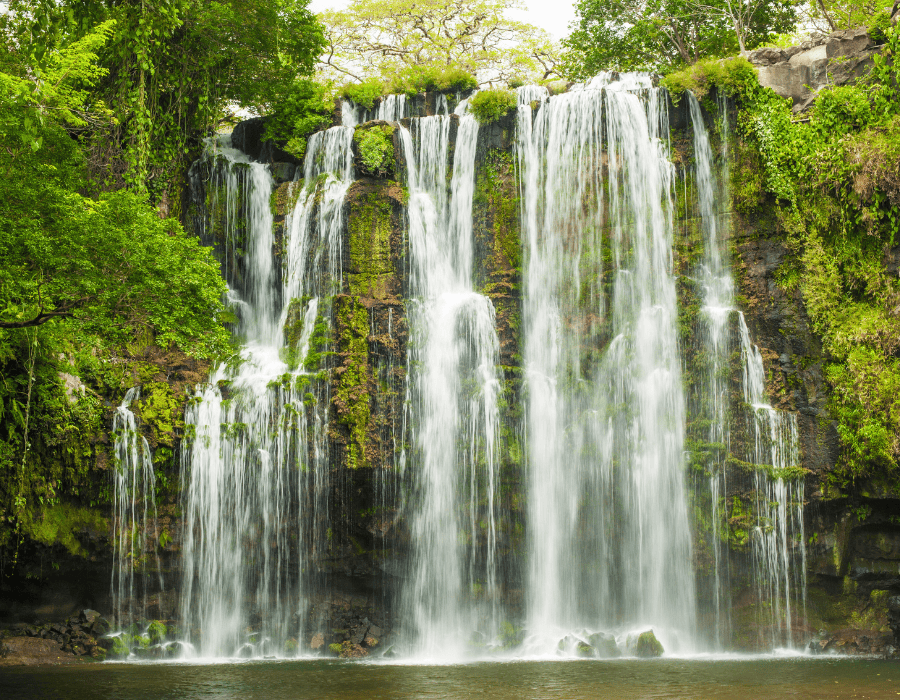
(Image Source: Canva)
Costa Rica’s focus on sustainability and eco-friendly living makes it an ideal place to go off-grid. With abundant rainfall, warm weather year‑round, and lush forests, it’s easy to grow food and collect water. Many off-grid communities are already established here, especially in coastal and jungle areas. The country’s strong emphasis on conservation and renewable energy also aligns perfectly with an off-grid lifestyle.
Thailand
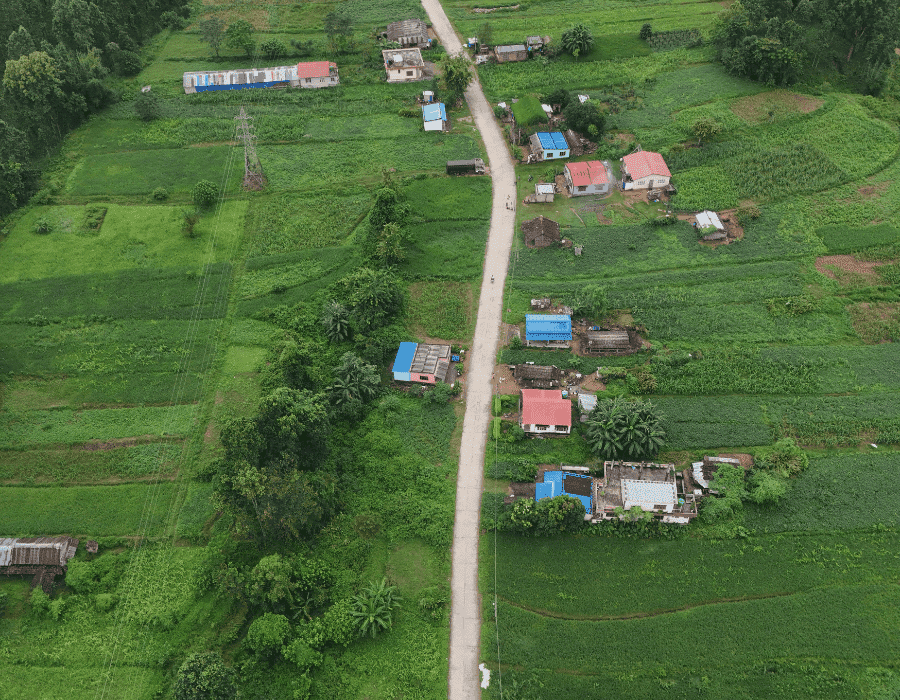
(Image Source: Canva)
Rural Thailand offers a warm climate, rich soil, and low living costs — all helpful for building an off-grid life. Many people grow their own food, harvest rainwater, and build homes from natural materials like bamboo. The relaxed pace of life and strong local food culture also support a sustainable lifestyle. While remote areas can be very simple, the sense of community often makes settling in easier.
Iceland

(Image Source: Canva)
Iceland is a unique place for off-grid living, thanks to its geothermal energy sources and dramatic natural scenery. Many homes are already heated using geothermal power, and natural hot springs can be found across the country. Off-grid life here is cozy and sustainable — but the climate is extreme, with long winters, strong winds, and limited daylight. Those who choose Iceland often do so for the incredible natural beauty and the chance to live in harmony with a powerful landscape.
Common Myths About Off-Grid Living
Let’s clear up some common misunderstandings:
- “It’s illegal.” Not true — laws vary, but many places fully allow it.
- “You have to live in the wilderness.” Plenty of people live semi-off-grid in regular neighborhoods.
- “It’s only for survivalists.” Off-grid life can be peaceful, comfortable, and modern.
Essential Skills for Off-Grid Living
You don’t need to be an expert, but these skills help:
- Gardening and basic permaculture
- Simple DIY and home maintenance
- Water filtration and storage
- Emergency first aid
Challenges of Off-Grid Living
Even with all the benefits, off-grid life has difficulties, including:
- Limited access to the internet or healthcare
- Extreme weather depending on your location
- Occasional feelings of isolation or “sustainability fatigue”
How to Start Living Off the Grid (Even Part-Time)
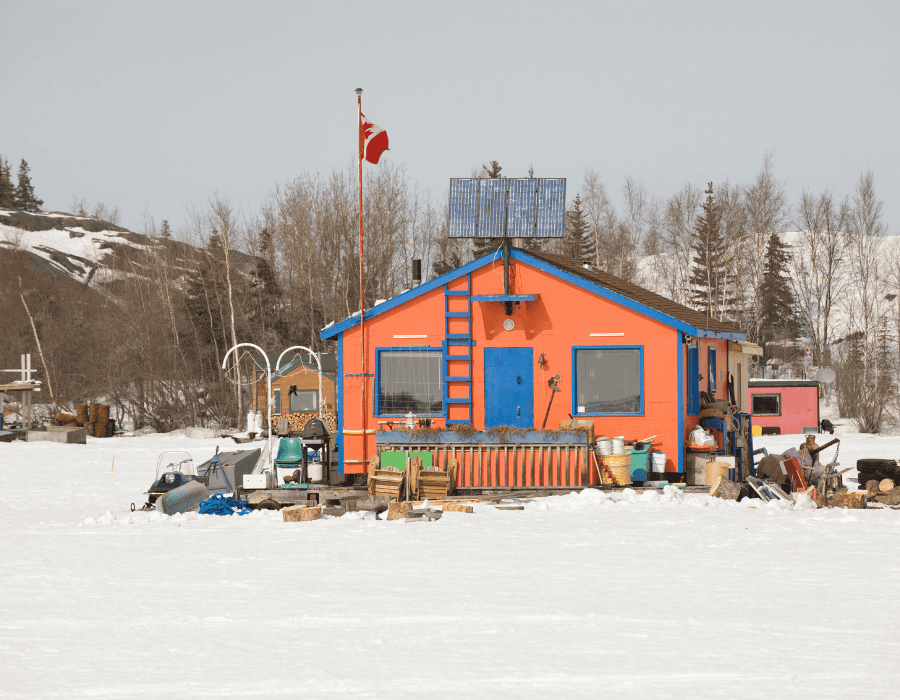
(Image Source: Canva)
You don’t have to move tomorrow. Start small:
- Try eco‑retreats or cabins for weekend getaways.
- Add solar panels or rainwater systems to your current home.
- Join local sustainability groups, workshops, or co‑living spaces that support eco‑friendly living.
Final Thoughts
Off-grid living is more than a lifestyle — it’s a mindset. You don’t need to go all-in at once. Every small step toward sustainability is a win for your well‑being and the planet.
About Air Doctor
With the Air Doctor app in your pocket, you can access medical care and receive expert medical guidance anywhere you travel — even off-grid!
Air Doctor offers a wide range of benefits, including:
- A global network of over 20,000 multi-lingual doctors and specialists
- Choice of clinic, at-home (hotel), and video consultations
- Healthcare access in 90 countries
- 24/7 multi-lingual support
- Transparent pricing and reviews
- Most common medical specialties, including GPs, cardiologists, and gynecologists
FAQs
It depends on your location and setup. Some people start small with a few thousand dollars, while full systems can cost much more.
Underestimating costs, neglecting maintenance, and choosing the wrong location are common issues.
Yes! Many off-grid homes use satellite internet or cellular hotspots.



